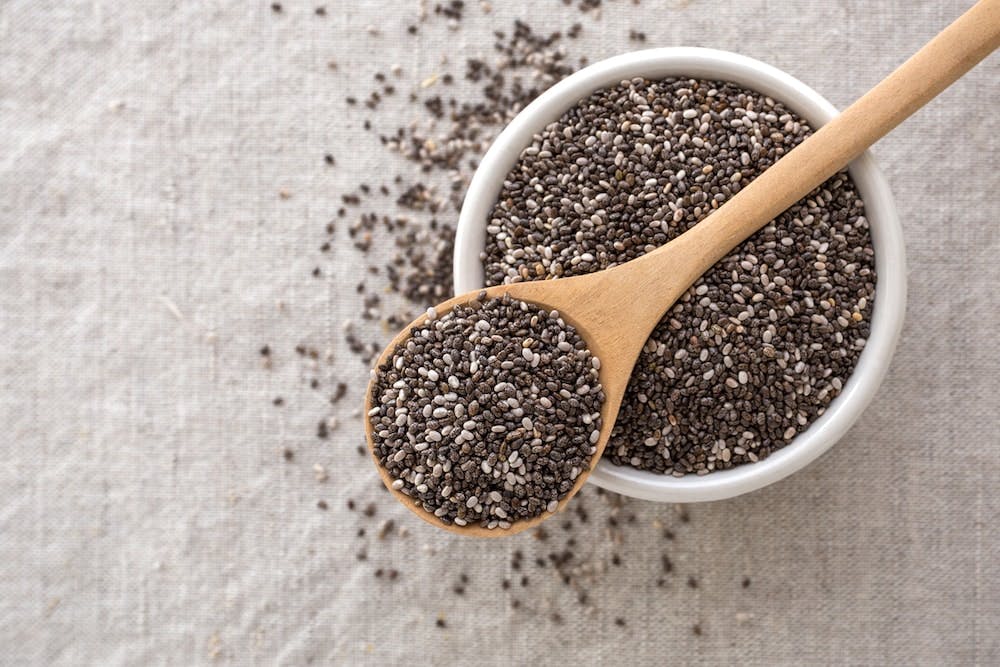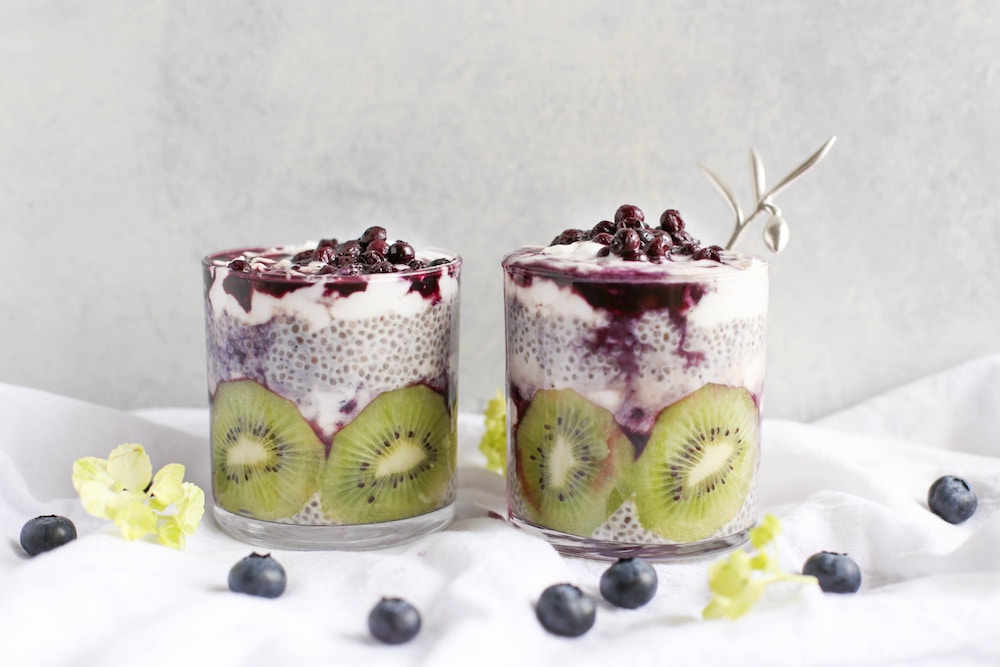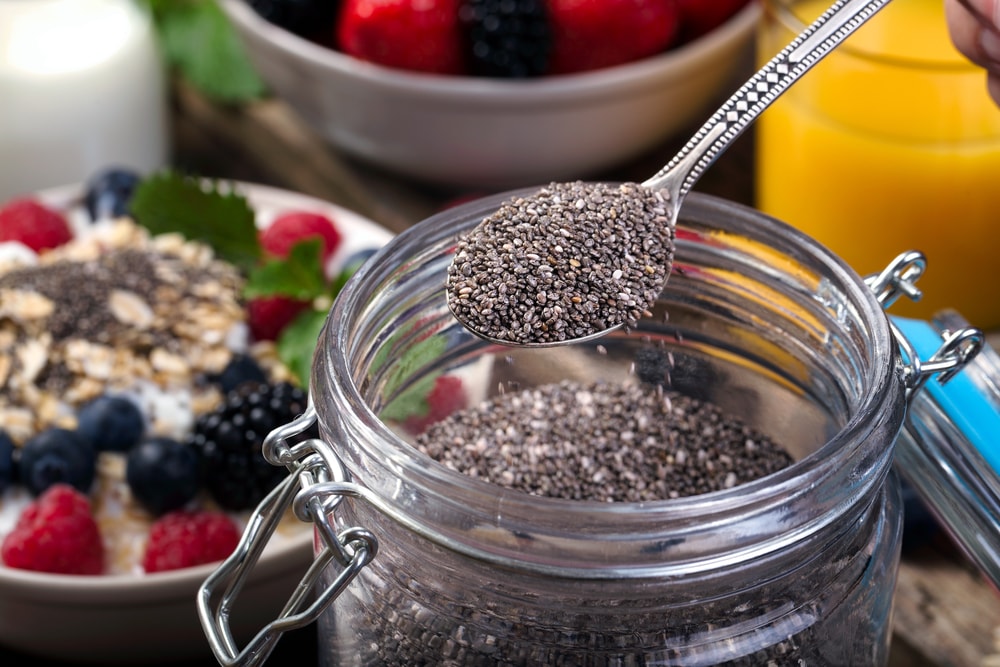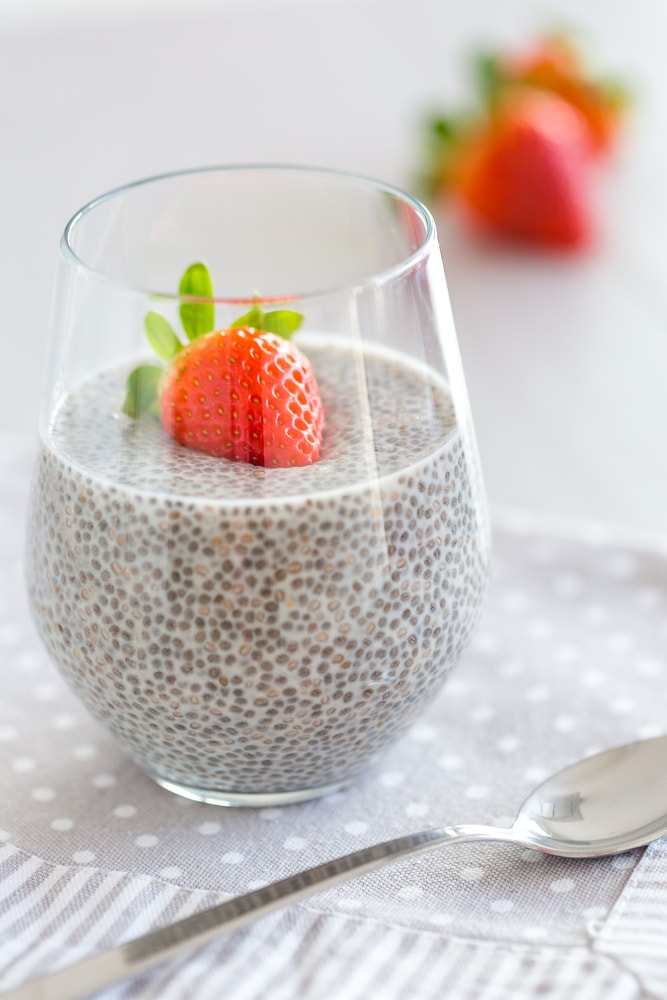
Often referred to as a ‘superfood’, chia seeds don’t seem to be going anywhere anytime soon. But how healthy are they, and are we better off saving our money?

Grown in Central and South America, chia seeds come from the Salvia Hispanica plant, and are notoriously classed as a so-called “superfood”. But what does that actually mean? Well the origin story of the term “superfoods” is much like that of many superheroes – in a lab. The food industry started using this phrase based on claims that certain foods are particularly rich in nutrients, or have antioxidants that are extremely beneficial to us.
However, their data is typically based on lab studies where the concentration of the antioxidants is much higher than that found in normal portions. This means that, realistically, there isn’t a benefit to the consumer without eating the food in huge volumes. As such, the EU has banned companies from putting these claims on their packaging without sufficient evidence – they are able to say something is full of antioxidants, but they can’t say these actually provide us with a health benefit unless they can prove it.
But, just because the term “superfood” can be misleading, doesn’t mean the food has zero benefits...

The good
The popularity of these seeds stems from them being hunger-busters; chia seeds are rich in fibre, so they help you to feel fuller for longer. This is great for when you’re looking to eat healthier and cut back on snacking, but additionally, insoluble fibre doesn’t dissolve in your gut, meaning it helps food pass through your digestive system and keeps it healthy.
The NHS recommends adults have a daily intake of 30g of fibre a day, and in just one 25g portion of chia seeds you receive 9g of this – a fruitful contribution.
Chia seeds are also a great source of calcium, which helps to keep our bones healthy. For adults, the recommended daily amount of calcium in our diets is 700mg, and the good news is that in a 25g portion of chia seeds, you can expect to get about 157mg of calcium. Given that in a 100g of low-fat yoghurt or fromage frais you’d typically get 140mg of calcium, a sprinkling of chia seeds with it really makes sure you’re getting the nutrients you need.
They’re also a good source of plant protein, so a great additional option for vegans and vegetarians to fill their protein quota.

The bad
There’s claims that chia seeds help you to lose weight – hence the “superfood” diet-miracle notion. However, these aren’t proven.
Logically, given their high-fibre content, chia seeds can help satiate so that you don’t feel inclined to snack, but the seeds themselves won’t directly help you shift any pounds. So, eating them as part of a healthy and balanced diet is good,but they aren’t a mystical superfood that allows you to eat anything and lose weight. And the risk is that when branded as a “superfood”, people have unrealistic expectations, and are looking for a quick fix rather than revitalising their diet to ensure they’re getting all the essential nutrients they need from elsewhere.
The takeaway
There is no magic superfood that will solve all our nutritional problems, but chia seeds can provide us with some nutrients to benefit our overall health. Our expectations need to be realistic though – anything they give us, whether calcium, fibre or protein, can be gained from other food sources as well. So if you like the taste or texture – whether a sprinkling of toasted seeds on a salad, or mixed in with a smoothie – go for it, but keep in mind this isn’t 34th Street: there are no miracles here.

